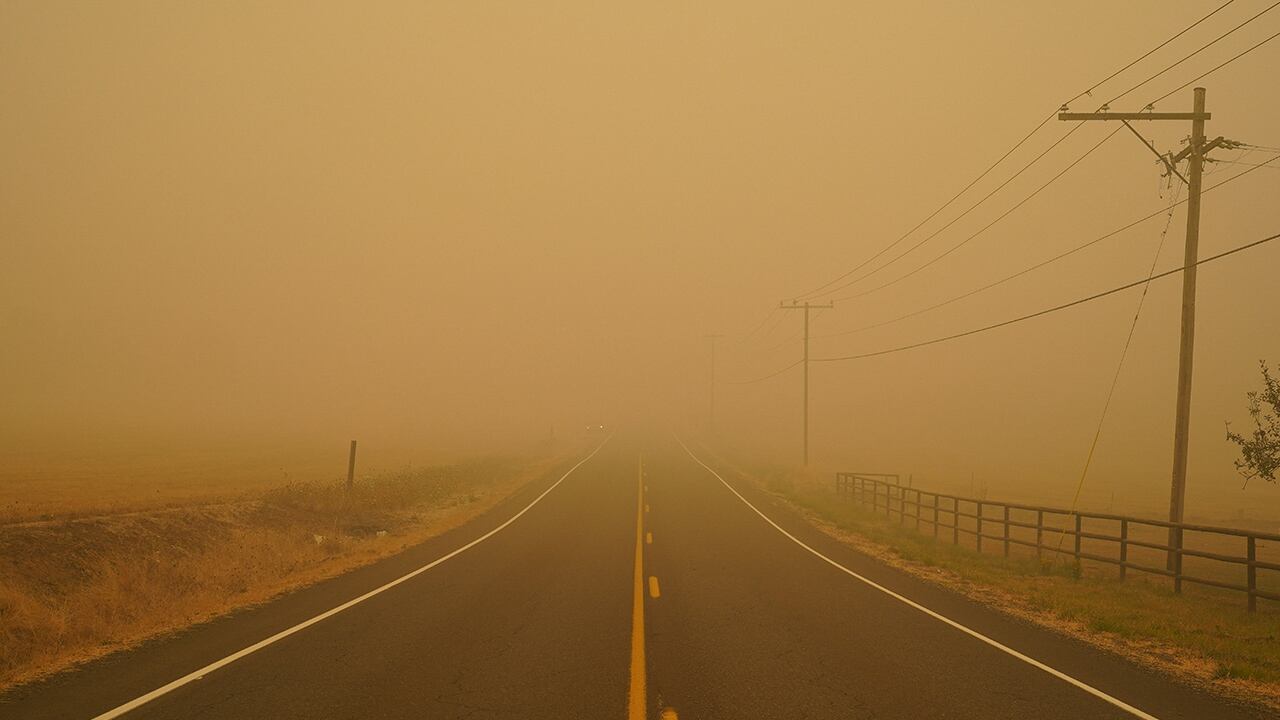Last week, Portlanders were told to stay indoors for the second time in 2020, this time due to dangerous air quality.
With fires raging across the state, Portland has been covered in smoke that contains fine particles, which are easily inhaled and lodged in the lungs. Prior to this year, Portland's record high on the Air Quality Index was an "unhealthy" rating of 157. Now, it's more than three times that—last Sunday, the city's air measured a hazardous 477 on the AQI.
Short-term effects include headaches, sore throat, scratchy eyes and difficulty breathing. For people with preexisting conditions like asthma, this much particulate matter can be life threatening. Health officials aren't sure about the long-term effects. "We don't know," says Andrea Hamberg, an environmental health program supervisor for Multnomah County. "This is relatively new to science."
Here's what we do know.
20: The equivalent number of cigarettes you would have inhaled if you spent Sept. 13 outside in Portland.
50: Average number of Multnomah County emergency room patients admitted per day for respiratory distress during the air alert.
10: The number of hours you'd have to drive to get to Pocatello, Idaho, the closest city with "good" air quality on the Air Quality Index on the morning of Sept. 15. (By press deadlines, Tillamook, Ore. made the grade.)
2015: The first year Portland ranked "unhealthy" on the AQI since the creation of the scale in 1999. The city has experienced unhealthy air quality four of the past six summers.

